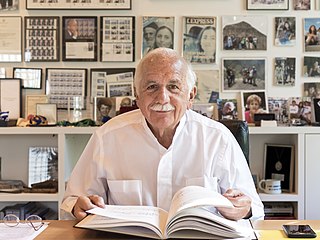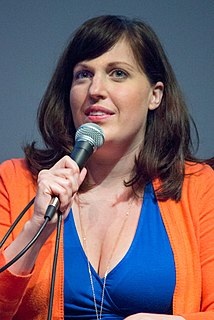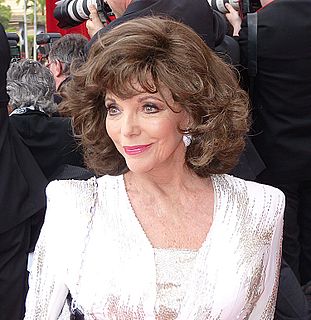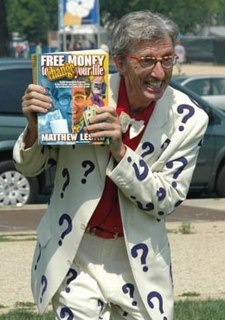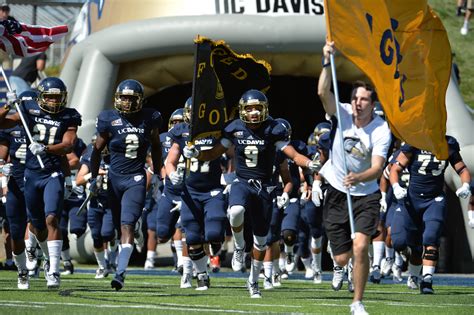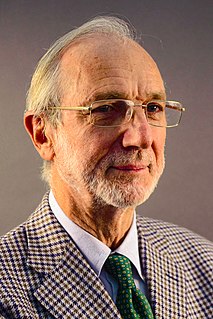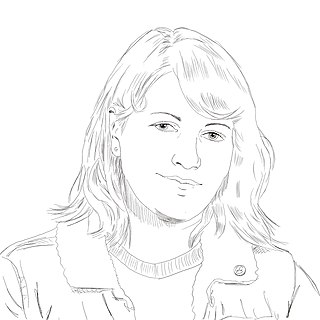A Quote by Moshe Safdie
My identity is always at the forefront, and I also think that every article that is written about me refers to me as an Israeli architect.
Related Quotes
I definitely have a strong sense of my Jewish and Israeli identity. I did my two year military service, I was brought up in a very Jewish, Israeli family environment, so of course my heritage is very important to me. I want people to have a good impression of Israel. I don't feel like I'm an ambassador for my country, but I do talk about Israel a lot - I enjoy telling people about where I come from and my religion.
It was tricky [to write about Israelis], because everyone has an opinion about the Arab - Israeli conflict, and when I first started writing these stories, I was working for an Arab - Israeli human rights group. It was during the Second Intifada. It was this totally violent and intense time, and I think there's a part of me where I don't know how to write about that situation without getting my politics out of my messages, and that's something that was important for me not to do in this book.
What does it mean to be an American today? The question of that is always pointing at now. It allows someone to say what lens that will be through. A lot of my work has been about identity in different ways. Part of that for me falls into the question of gender identity certainly but also about what it means to be an American theater artist.
I gathered as much reading material about Aung San Suu Kyi and about Burma as I could. And I read every article and every book she had written. I also had 200 hours of footage of her to watch. I tried to discover who were her heroes and where he desire and strength to pursue democracy in a non-violent fashion came from.
Why would one's identity be a matter of feelings? I think that that's a misuse of terms, philosophically. Identity is mind independent. It's something that is objective, regardless of how you feel. So, the term gender identity seems to me to be something of an oxymoron. It's not really about one's identity. It's rather a matter of one's self-perception or one's feelings about oneself.
